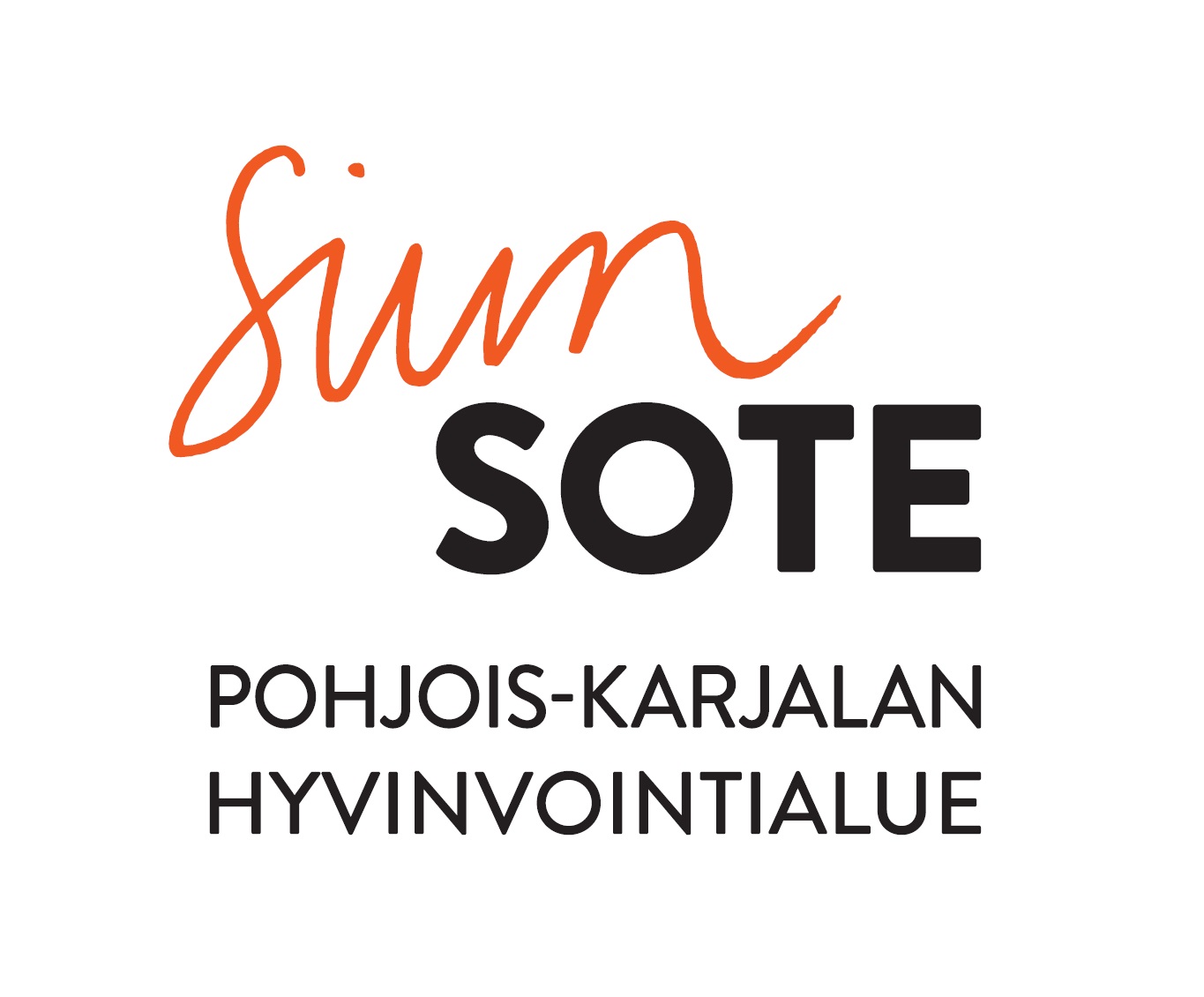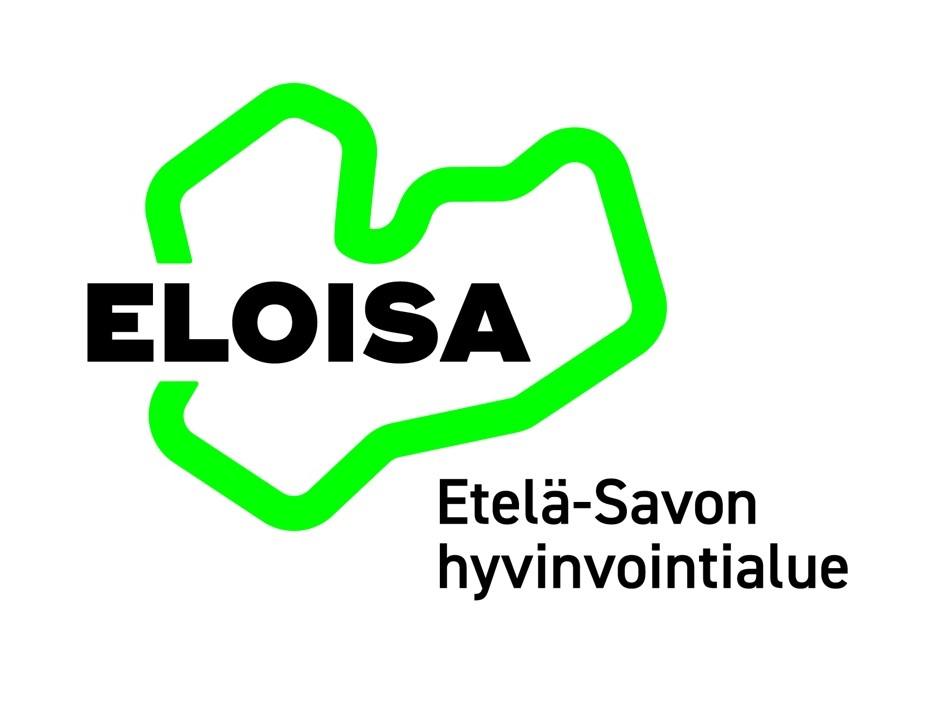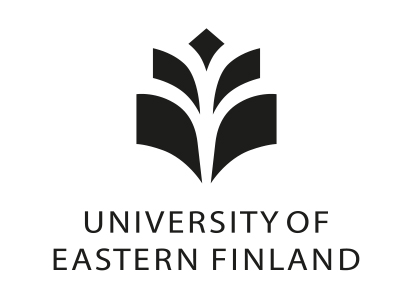Biopankkitutkimukset – 2025
Artificial intelligence in predicting genetic changes and cancer prognosis in digital pathologyNoora Neittaanmäki / Sahlgrenska University Hospital›
The increasing cancer incidence is causing a significant burden and diagnostic delays at pathology laboratories. This project aims to develop and validate artificial intelligence (AI) in computational pathology for enhanced cancer diagnostics. Several thousand unidentified whole slide images of primary tumors and metastases will be collected to develop and test AI algorithms. Integrating AI into digital pathology has the potential to reduce the workload on pathologists, minimize inter-observer variability, uncover novel histopathological features, and enhance diagnostic accuracy. The integration of AI in digital pathology holds the potential to alleviate the workload and shorten the diagnostic delays. The use of AI could reveal novel histopathological features not seen by the naked eye such as genetic changes and prognostic factors. Our hypothesis posits that AI could predict the likelihood of metastatic disease from primary tumors, which would revolutionize cancer diagnostics and enable early adjuvant treatment for patients even before metastases manifest. Due to the high costs of molecular genetic analyses, a large portion of patients are not routinely profiled. The development of alternative screening tools capable of detecting mutations quickly and cheaply on digitalised routine stained pathology slides could save costs and enable personalized cancer care for wider patient population.
Proteomic analysis of exosomes from healthy and Parkinson’s disease patient samplesEleanor Coffey / Åbo Akademi University/Turku Bioscience Centre›
Parkinson’s disease (PD) is a multisystem disorder, with 10 million worldwide. There is no cure and only symptomatic treatment exists. The motor symptoms are due to loss of brain neurons. However, PD also affects peripheral organs, gut and blood, where inflammatory signs occur years before motor symptoms. The disease may thus commence outside the brain e.g. in the gut. Here, we will investigate whether exosomes deliver inflammatory signals and pathogens to the brain using new technology that allows separation of exosomes based on light scattering and fluorescence. Using mass spectrometry, we will identify misfolded proteins, pathogens and immune signals that are carried in exosomes from blood to brain. This is enabled by new software developed by the Coffey lab with the Michael J Fox Foundation. The results will promise insight on the trajectory of inflammatory and pathogen signals from blood to brain in Parkinson’s and mechanistic insight on infectious and inflammatory mechanisms.
Investigating the role of EMILIN1 Loss-of-Function variant (rs756288970) in aortic aneurysms and arterial tortuosity using FinnGen imaging and clinical dataMinna Kaikkonen-Määttä / University of Eastern Finland›
This project investigates the role of a rare genetic variants in the EMILIN1 gene in the development of aortic aneurysms and changes in arterial structure. EMILIN1 is important for maintaining the elasticity and stability of blood vessels. Using data from the FinnGen study, we will assess whether carriers of this variant show signs of vascular abnormalities, such as enlarged aorta or arterial tortuosity, based on imaging records and clinical data. The results could provide new insights into the genetic causes of aortic disease and help identify individuals at risk earlier.
Identification of candidate cerebrospinal fluid biomarkers in Multiple System Atrophy using quantitative proteomics in CSF biobank samples from MSA clinical trialsLundbeck / Denmark›
Tutkimuksessa käytetään selkäydinnestenäytteitä Monisysteemiatrofia (MSA) -potilaista, jotka Lundbeck on kerännyt kliinisestä tutkimuksesta, ja kontrollipotilaista, joilla ei ole neurologista sairautta. Tavoitteena on löytää uusia proteiineja, joiden taso on muuttunut MSA-potilaissa. Näitä proteiineja voitaisiin hyödyntää MSA-taudin diagnostiikassa, seurannassa ja mahdollisesti myös seuraamaan uusien lääkkeiden terapeuttista vaikutusta.
Biomarker study analysis of samples from Parkinson’s, autoimmune, and inflammatory skin diseasesNovartis / The United States of America›
There is growing interest to identify non-invasive biomarkers for the purposes of
(i) tracking disease progression, (ii) predicting likely onset of disease, and (iii)
finding surrogates for specific gene activity. Discovery of these biomarkers is
dramatically facilitated through the comparison of healthy individuals against
those who carry genetic variants in genes that are strongly associated with
disease risk and do or do not present with the gene of interest. This study uses
elements of this approach in profiling biobanked specimens from several
different and prevalent disease classes. The overarching goal of this study
conducted by Novartis is to investigate and profile biomarkers that reflect the
development of different diseases, namely Parkinson’s, autoimmune disorders of
the intestines, and autoimmune disorders to the skin.
Multiplex pathogen serology on Finnish biobanks (FINBB) to study “non-communicable diseases”GlaxoSmithKline / United Kingdom›
Infektioilla voi olla pitkäaikaisia ja yllättäviäkin vaikutuksia terveyteen, kuten esimerkiksi non-communicable disease eli NCD-sairauksien kehittymiseen. Tutkimusten mukaan on arvioitu, että esimerkiksi 10% syövistä aiheutuu jonkun virusinfektion edesauttamana. NCD-sairauksien, genetiikan ja epidemiologian yhdistäminen tutkimuksissa on ollut kuitenkin haastavaa, sillä osa infektioista on hyvin lieväoireisia ja sairausten kehittyminen tai kohonnut riski voidaan havaita vasta vuosien saatossa. Suomalaiset biopankkiaineistot tarjoavat ainutlaatuisen mahdollisuuden tutkia näitä yhteyksiä. Tämän tutkimuksen tavoitteena on määrittää serologia-paneeli noin 9500 biopankkisuostumuksen antaneen tutkittavan verinäytteistä (seerumi). Serologia-paneelin tulokset yhdistetään biopankeissa olevaan genomidataan, kliinisen dataan sekä rekisteriaineistoihin. Rekisteriaineistojen luvitus haetaan Findatan kautta. Tutkimuksen avulla tullaan ymmärtämään paremmin aiempien virusinfektioiden yhteyttä NCD-sairauksien puhkeamiseen. Tutkimuksessa tutkitaan myös virusinfektioiden yhteisvaikutuksia. Projektin kokonaiskesto on arviolta noin 3 vuotta, vuoden 2027 loppuun. Serologiapaneelin analyysitulokset palautetaan biopankkeihin tutkimuksen päätyttyä.
iCAN Digital Precision Medicine Eastern Finland (iCANEAST)Arto Mannermaa / University of Eastern Finland›
iCANEAST focuses on digital precision cancer medicine integrating digital technology, data analysis, and personalized medical care to enhance cancer treatment and research. Molecular profiling of tumors identifying genetic mutations driving cancer progression, and liquid biopsies, providing a non-invasive method to monitor disease and response to treatment, are the key elements. Bioinformatics analyses and AI-driven approaches are leading to insights that can drive the development of precision medicine strategies. We develop processes to produce and analyze molecular alterations of tumors and related clinical data in a secure computing environment. ICANEAST will include altogether samples and data from 350 biobank consented patients.
Characterisation of myocardial fibrosis using near-infrared spectroscopyAnnastiina Husso / Pohjois-Savon hyvinvointialue›
Tutkimuksen tavoitteena on kehittää lähi-infrapunaspektroskopiaa kliiniseen käyttöön sydänläppäpurjeiden kudosfibroosin arvioimiseen.
Molecular landscape of Lynch syndrome-associated tumor spectrum (FinMMR)Toni Seppälä / Tampere University›
Molecular landscape of Lynch syndrome-associated tumor spectrum (FinMMR) Lynch syndrome (LS) is common hereditary syndrome with an increased risk of colorectal, endometrial, and a dozen of other LS-related cancers, and caused by inherited defects in mismatch repair genes. Utilizing data from the Lynch Syndrome Research Registry, we have identified 800 LS associated tumors from 15 organs, to be obtained through Finnish Biobank requests. Our research aims to determine the mismatch repair deficiency and analyze the immune profiles of these tumors to identify the prevalent frameshift mutations allowing development of LS-specific ctDNA screening tests and validation of the vaccine developed for cancer prevention in LS.
Implementation of pharmacogenetics in psychiatry – an EU projectJaakko Kaprio / University of Helsinki/PG ZORGHOLDING BV (PGB, Parnassia Groep)›
PSY-PGx is an EU Horizon 2020 project (https://www.psy-pgx.org/PSY-PGx) that
aims to develop a genotyping approach for individualized pharmacotherapy to
improve treatment outcomes in patients with psychiatric disorders. In the project, we
aim to use Finnish Biobank data and FINDATA register data to obtain prospective
data on whether genetic variation in patients prescribed selected medications for
anxiety, depression or psychotic disorders affects various outcomes (changes in
medication, hospitalization for psychiatric and non-psychiatric conditions, and death
(especially suicides).
FinnGen 3 Pulmonology Task Force access request for spirometry and DLCO dataAarno Palotie / FIMM/Helsingin Yliopisto›
FinnGen is a 10-year study aiming to identify genetic risk factors for thousands of diseases. The third phase of the FinnGen study focuses on deeper analyses of diseases and genetic variants identified in the earlier phases without expanding the current cohort of 520,000 participants. The project will emphasize longitudinal studies of disease progression and therapeutic responses and explore the biological mechanisms of genetic signals in selected diseases. New health data and molecular profiling data will be integrated with the existing data to further boost our understanding of the biological processes underlying disease development in individuals with specific genetic variants. Asthma, COPD (Chronic obstructive pulmonary disease), and ILD (Interstitial lung disease) are common lung diseases and so-called umbrella diagnoses including several clinical phenotypes and molecular genetic endotypes. In all of these diseases, gene discovery has conclusively revealed tens of susceptibility variants across the genome. Most of the identified variants are non-coding which makes it more challenging to show their relevance in disease biology, not to mention progression, severity or therapeutic response. FinnGen aims to fill this gap by bringing a depth of disease and therapeutic history information over decades that is not readily available in other large-scale biobank efforts. To further supplement the genetic study, we will use protein markers of blood taken in different stages of the disease.
New technologies as part of better diagnosis and treatment of pancreatic cancerHeikki Huhta / Wellbeing services county of North Ostrobothnia, University of Oulu›
The aim of the project is to explore the potential of convolutional neural network technology in the detection of pancreatic cancer cells from fine needle aspirate and investigate the possibility of classifying pancreatic cancers into different prognostic groups and predicting treatment response based on cell morphology using Deep Learning.
FinnGen 3 Neurodegenerative Disease Task Force access requestAarno Palotie / FIMM/Helsingin Yliopisto›
FinnGen is a 10-year study aiming to identify genetic risk factors for thousands of diseases. The third phase of the FinnGen study focuses on deeper analyses of diseases and genetic variants identified in the earlier phases without expanding the current cohort of 520,000 participants. The project will emphasize longitudinal studies of disease progression and therapeutic responses and explore the biological mechanisms of genetic signals in selected diseases. New health data and molecular profiling data will be integrated with the existing data to further boost our understanding of the biological processes underlying disease development in individuals with specific genetic variants. The aim is to study the progression of Alzheimer’s disease by analyzing existing brain MRI scans alongside novel, highly sensitive plasma biomarkers. Combining imaging data with genetic and biomarker information could improve the accuracy of staging the disease and predicting its course. In the future,this knowledge could be applied to identify high-risk individuals, supporting clinical diagnostics and prognostic evaluations.
Hantavirus seroprevalence in B-cell lymphoma patientsTomas Strandin / University of Helsinki›
This project is to study the potential association between B-cell neoplasms and Puumala orthohantavirus infections. Puumala orthohantavirus can cause Nephropathia Epidemica, which is a disease associated with an increased risk for the later development of B-cell malignancies. However, most Puumalavirus infections are asymptomatic (not causing the disease) and detectable by the presence of Puumala-specific antibodies. We will screen patients with B-cell neoplasms for the presence of Puumala-specific antibodies and compare that to age-and sex-matched controls without B-cell neoplasms.
FinnGen 3 Eye Disease Task Force, age-related macular degeneration (AMD)Aarno Palotie / FIMM/Helsingin Yliopisto›
FinnGen is a 10-year study aiming to identify genetic risk factors for thousands of diseases. The third phase of the FinnGen study focuses on deeper analyses of diseases and genetic variants identified in the earlier phases without expanding the current cohort of 520,000 participants. The project will emphasize longitudinal studies of disease progression and therapeutic responses and explore the biological mechanisms of genetic signals in selected diseases. New health data and molecular profiling data will be integrated with the existing data to further boost our understanding of the biological processes underlying disease development in individuals with specific genetic variants.
The aim is to study the progression of age related macular degeneration (AMD) by collecting and analyzing clinical and genetic data, OCT images and protein biomarkers. In combination, the data will improve the identification of patients with the highest risk of disease progression. This in turn could, in the future, reduce the duration of clinical trials.



